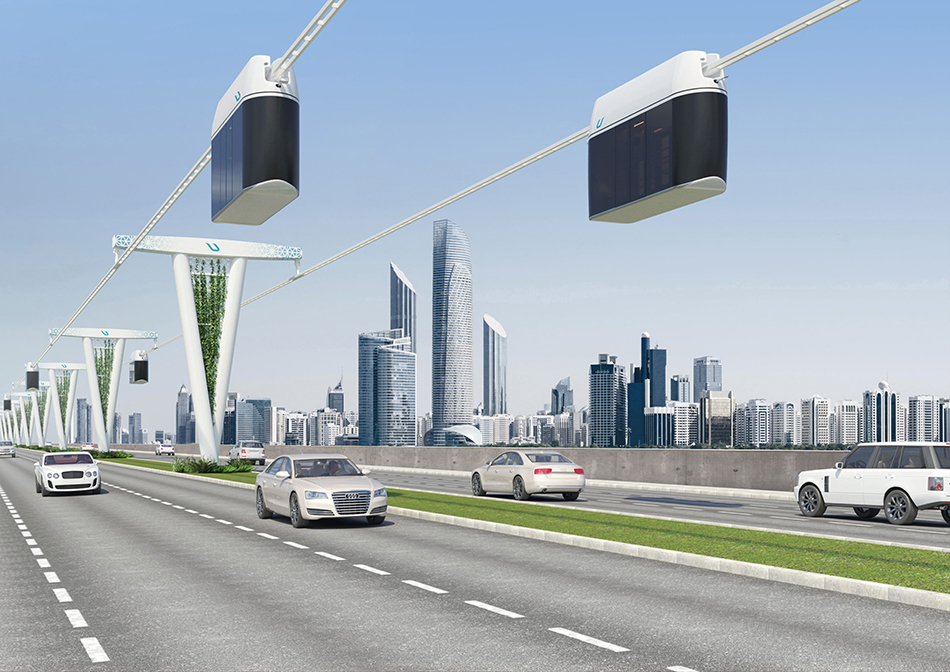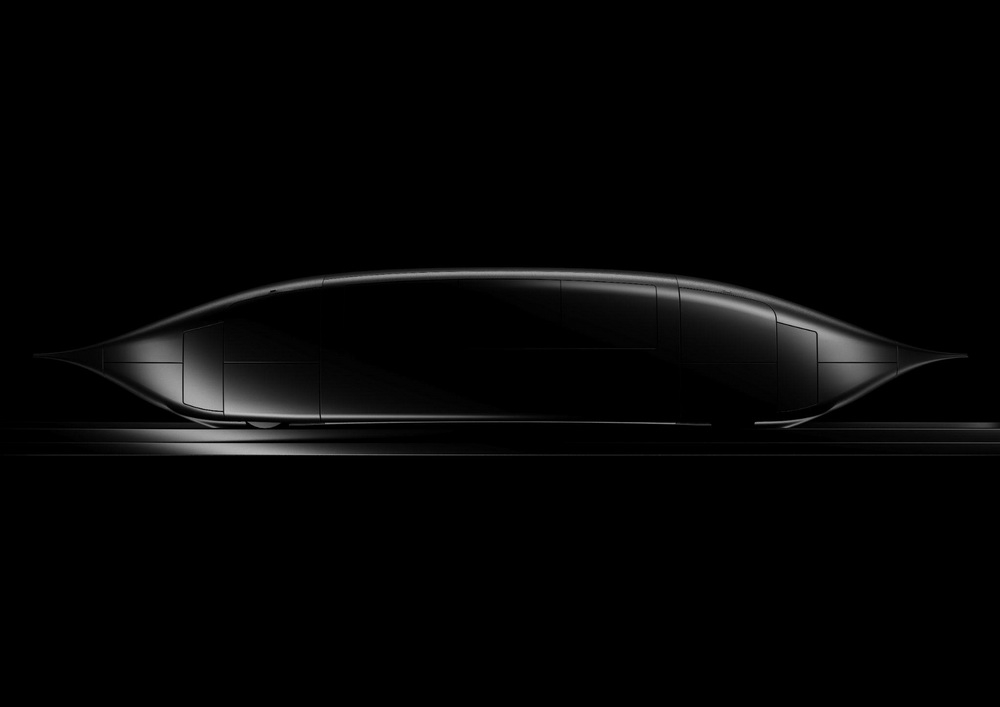Global Traffic Congestion on the Rise: uST Complexes Are the Solution to Traffic Jams in Megacities

Traffic studies for 2023 show that congestion continues to rise, leading to increased time spent idling in traffic. For instance, in London, the average driver lost 99 hours in traffic last year, a 2% increase from the previous year. How can we stop this growing time loss – and the resulting economic damage? How can uST Transport & Infrastructure Complexes help address this issue?
A week in traffic congestion
INRIX Inc., a global leader in transportation data and analytics, recently published traffic figures for the past year. According to the study, there has been a gradual increase in congestion and traffic delays worldwide. In the UK alone, the average car driver spent 61 hours in traffic jams, a 7% increase from 2022.
Traffic congestion hinders the development of countries' economies. Thus, in 2023, the average US motorist lost about 42 hours due to traffic jams, which is equivalent to a full working week. As for monetary costs, the UK budget, one of the leaders in traffic congestion, lost 7.5 billion pounds sterling due to traffic jams.
Idling in traffic jams also impacts quality of life: traffic fatigue increases, time for rest is reduced, labor productivity declines, and health is affected by exhaust emissions, which increase when cars move slowly. People get sick more often, and this is another consequence of growing traffic congestion.
An advantageous solution in every respect

The use of uST Transport & Infrastructure Complexes can keep the population economically active while avoiding congestion and long traffic jams. The string-rail overpass, along which the rolling stock travels, is elevated above ground and does not intersect with traditional transportation routes. A portion of the passenger traffic is redistributed to this "second level", reducing congestion on surface roads. The track structure can be built over existing urban infrastructure without requiring significant closures of key transportation arteries.
Unmanned rail electric cars (uPods) for urban transportation can reach speeds of up to 150 km/h. The intervals between uPods and their number on the line are adjusted based on passenger traffic. Small electric vehicles can be assembled into trains to handle high rush hour loads, with a capacity of up to 50,000 passengers per hour.
UST Inc. solutions offer fast, comfortable, and smooth transportation for people. uPods can transport passengers across the city in minutes, bypassing traffic jams, accidents, and parking issues. When implemented widely, uST Transport & Infrastructure Complexes can significantly reduce congestion on megacity highways and effectively solve the problem of traffic jams.
More news

Blog
16 September 2022
How Can Unitsky String Technologies Inc. Transform the World of Maritime Shipping?
There are various applications for UST Inc.'s transport and infrastructure complexes, and one of them is maritime shipping. The use of string-rail overpass makes it possible to build seaports at some distance from the shore. This will exclude the work and expenditures that are necessary when constructing seaports near land.

Interviews
5 January 2022
UST 2021: the Head of the Transport Overpass Department Shared the Company's Achievements
Yuri Kashchuk spoke about the results of the last year and plans for the current one in the next round of interviews.

Interviews
15 December 2021
UST 2021: General Design Engineer of High-Speed Transport Complex Shared the Company’s Achievements
We spoke to Chief Structural Design Engineer of High-Speed Transport Complex Aliaksandr Kryvitski to learn what results have already been achieved.

